The unfortunate thing is that 10-15 years ago, The Nevers is a show I probably would have eaten up. A story about tough, superpowered women set in Victorian London with a strong found family element by Joss Whedon? The me of 2010 would have been overjoyed. But time has passed and unfortunately, The Nevers is trapped under the cursed title of Whedon. After a year of multiple allegations against Whedon coming to light involving his toxic behavior and harassment, the creator once labeled so staunchly as a feminist has lost his appeal. The sad thing is, The Nevers shows just how much of his outdated storytelling has survived through the times and how much he has lost his touch.
For some, hearing that The Nevers is by Whedon might actually come as a surprise. None of the promotional material mentions him now and he stepped out halfway during the production process to be replaced by British screenwriter Philippa Goslett as showrunner. But, it doesn’t take a genius to see Whedon’s fingerprints all over this project. The lead is Amalia True (Laura Donnelly) described as an “irresponsible, spontaneous, and psychologically broken hero” she drinks what she wants, sleeps with who she wants, and says what she wants. Yes, Whedon really pulled out his cookie cutter set for this cast.
Amalia is one of the “Touched”, aka one of the people (mostly women, but not exclusively) in London who have been blessed or cursed with some sort of power. Their specific power is called a “Turn”. Amalia’s turn is that she can see the future… kind of. One of the most disappointing aspects of The Nevers is how half-hearted it gets into its most interesting concept. You’d think with an HBO budget people would be shooting icicles out of their hands, levitating things regularly, and blowing stuff up left and right. Instead, Amalia’s turn is mostly unhelpful and brings some questions in about predetermination.
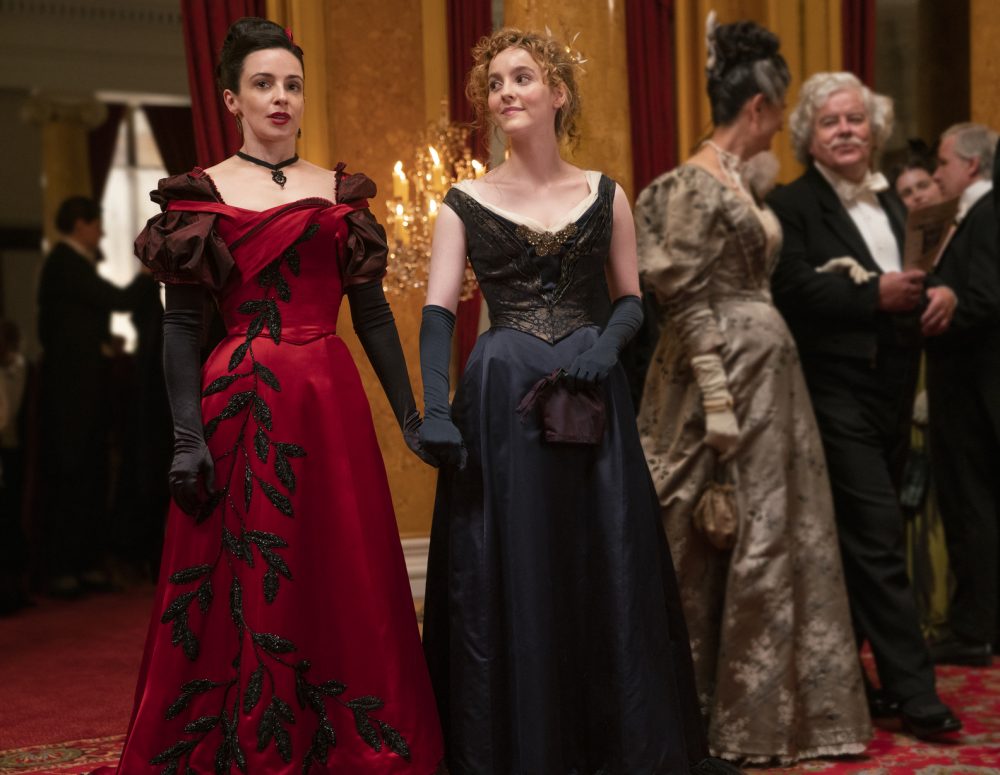
Beside Amalia is her best friend Penance Adair (Ann Skelly), a soft-spoken inventor who basically is the Willow to Amalia’s Buffy. She “sees electricity,” which I guess is their way of explaining how Penance can create cars and crazy gadgets. Instead of giving her the ability to actually harness electricity and lightning, a much more entertaining and balanced approach to her turn, Penance could likely just be a really smart person.
The turns are mostly unexciting, which makes the main conflict that much more unconvincing. The people of London are up in arms. When people start turning up with powers, the othering begins. And the show uses the Touched as a vague allegory for being othered. There’s a scene at the end of the pilot that hints at where the origins of all of this comes from, which makes the logic for who gets which powers even more confusing. Seemingly no people in power have been Touched, only the already disadvantaged.
Currently plaguing the cops of London is the madwoman Maladie (Amy Manson), who is a clear-cut duplicate of Angel‘s Drusilla. Unstable, infantile, violent, it’s not hard to see what kind of direction created a character like this. But it’s 2021 and the “hysterical violent woman” is a tired trope. Then again, so are many of the tropes in this. The only queer characters stand out as one who is firmly in the closet and one who is portrayed as a sexual deviant and someone who willfully takes advantage of the Touched. The characters of color have little-to-no plot significance. And at the center of it all is Whedon’s troubled white women, damaged and persistently plagued by their trauma.
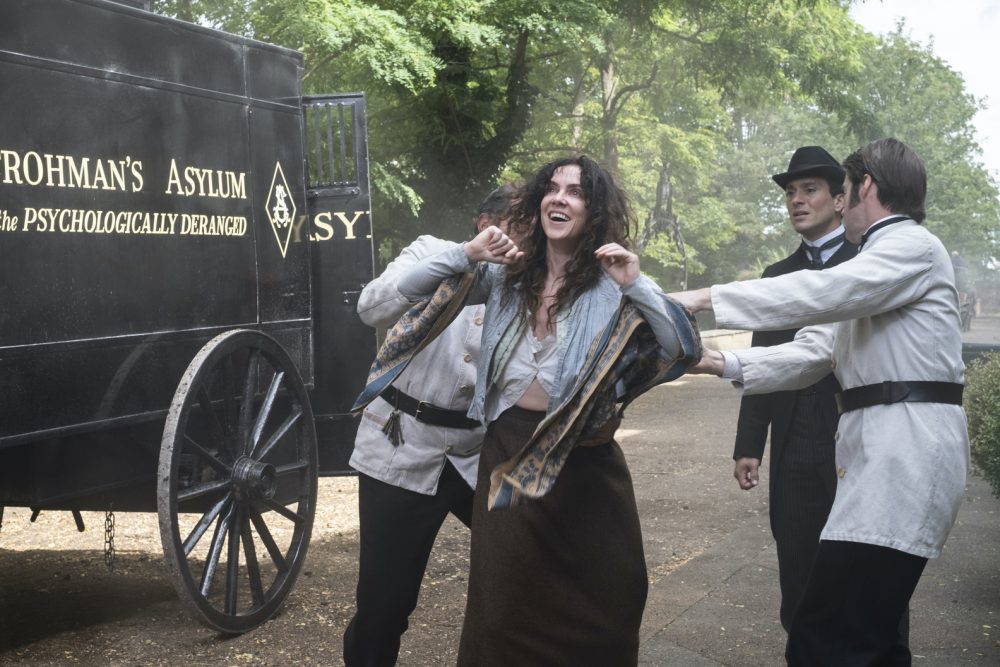
Still, there are a few shining beacons of hope. Donnelly is a formidable talent who manages to take a stereotype and inject a bit of life into the character. The script is so restrictive, but she throws her everything into it. Similarly, Olivia Williams administers gravitas to her role as Lavinia Bidlow, a rich spinster who is the main benefactor of the orphanage (creatively named The Orphanage) where Amalia and Penance live. Nick Frost heavily leans into the heavy-handed London gangster vibe in his role as The Beggar King, but it works when thrown into this outrageous world. And the snippets seen of Denis O’Hare‘s crazy character harkens back to some of the wackiest seasons of American Horror Story, at least from what I’ve seen in the first four episodes given out as screeners.
The talent is there. Truthfully, the acting holds up much of what is enjoyable about The Nevers. But, besides Whedon’s obvious tonal problems, the show feels like a slog. So much happens and yet nothing seems to change. The dynamics of the city are not clearly defined, neither are they intriguing enough to warrant devotion. There are about six different plots, and the most interesting one is buried at the very bottom. It feels like the show wants us to be interested in the political and social elements of the story, but they haven’t really hooked us in on the flashy powers yet. A concept that should have been so exciting feels dull and I found myself slogging through the episodes, bolstered only by major scenes that pushed the plot forward.
However, that doesn’t mean The Nevers is completely hopeless. The show is split into two parts, with six episodes airing now and six that are still in development. A lot of the problems can be fixed pretty easily. A lot of the dialogue that might have once been snappy, cutesy tête-à-têtes written by Whedon feel watered down, whether that was by an editor’s hand or by Whedon’s own diminishing talent is up to speculation, but it twists the mood in an already uneven show. Use those private moments to develop character relationships that aren’t beholden by clever rapport but a real conversation. Even when I liked Whedon’s work I hated a lot of his dialogue, people don’t talk like that!
Another problem that should be remedied is the focus of the story. There are far too many red herrings. The major “secret/mystery” of the season is revealed rather early on, so all the other red herrings that lead our heroes to and fro feel like an agonizing waste of time. Resolve the side plot with Maladie, or develop her character. Develop the other Touched into more than just convenient plot devices. By cutting down on the extra storylines the actors are allowed to breathe a bit more with their characters. Also, we could do with less nudity. It’s all just droll at this point. I know that HBO probably has a quota or something, but in this, it has no purpose other than to exist for the male gaze.
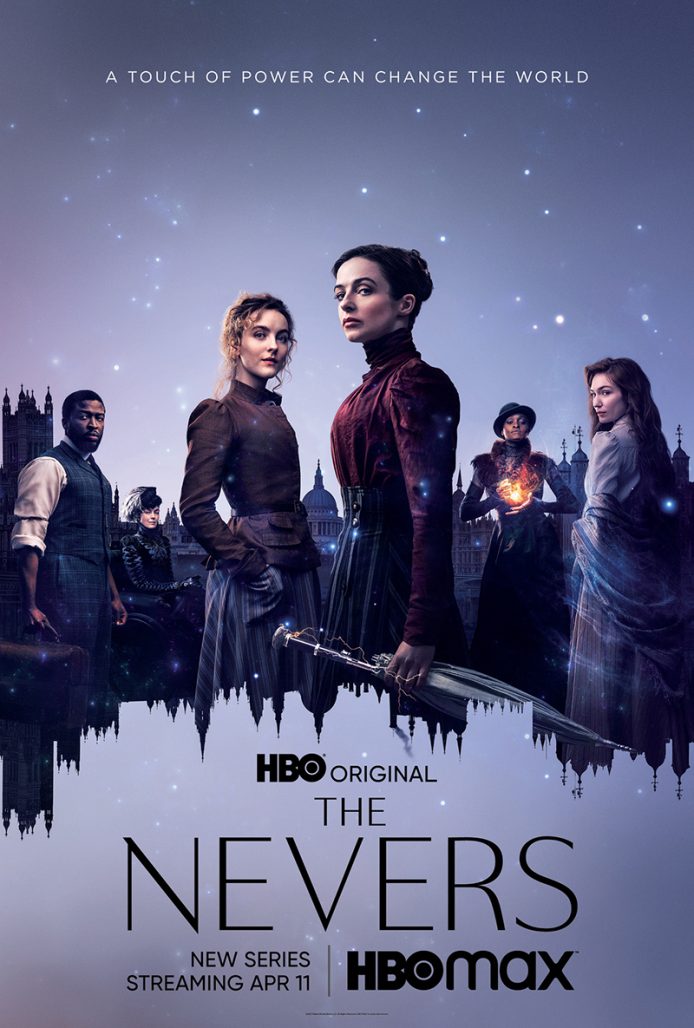
As a side note, the show’s marketing is deceptive could be considered race-baiting. I assume they have put Zackary Momoh and Rochelle Neil on the poster to check off some diversity checklist. But they are not main characters. In fact, neither are Eleanor Tomlinson nor Olivia Williams‘ characters, though they play a larger role in the side plots. These four characters feature prominently next to Donnelly and Skelly but make no mistake, they are all essentially supporting characters.
A more accurate depiction of the show might have put Ben Chaplin, Pip Torrens, and James Norton on the poster beside Donnelly and Skelly as they are the other three characters who have fully developed plot lines, but then… well, I guess they wouldn’t get to market their show as diverse. (This can be easily remedied by giving the characters in the poster a bit more significance in the plot, future episode writers.)
There is a lot to enjoy with The Nevers and if you’re not looking too closely at it, it might actually seem promising. But in order to hold on to this show past just its one season, and in order for it to survive past the Joss Whedon shadow, it needs to make major changes.
The Nevers premieres tonight on HBO Max.


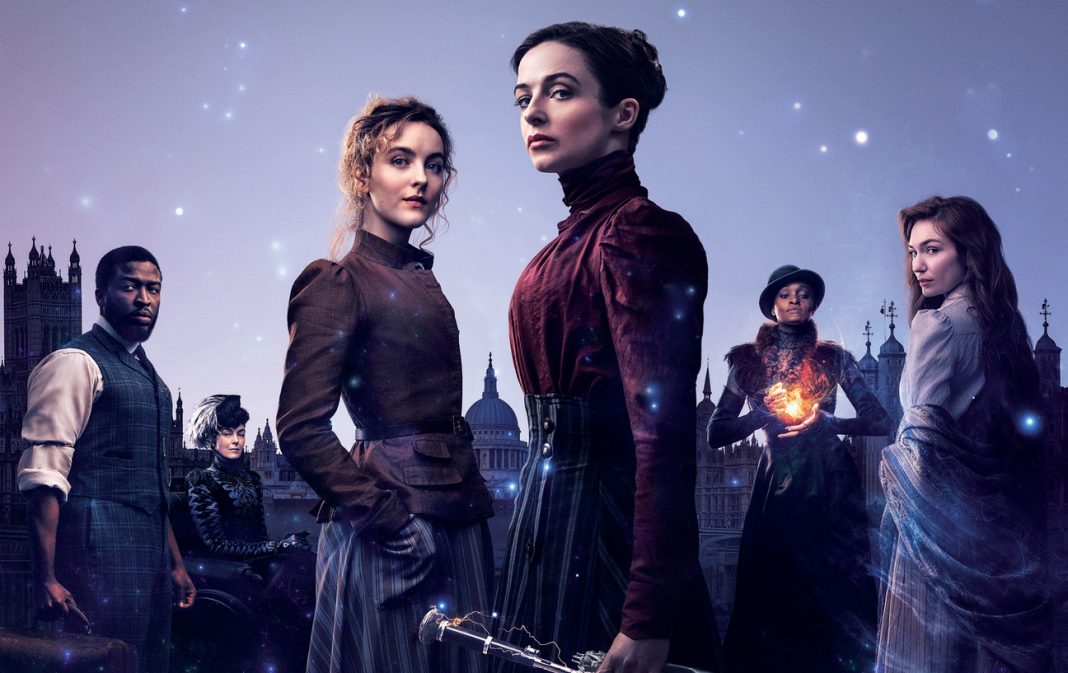

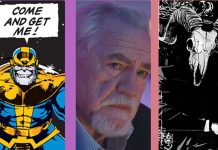





There has been a lot of talk about how Whedon’s work needs to be “reevaluated,” particularly because certain idiots spent decades calling his work “feminist.” The same thing has been said about “reevaluating” the work of Brittany Spears and J.K. Rowlings.
What really needs to be reevaluated are the views of the morons who called Harry Potter “empowering” or yelled “Girl Power!” whenever they watched Buffy or heard the music of Brittany or the Spice Girls. All they proved was that they supported a McDonald’s version of feminism and liberalism. True progressives knew that Whedon’s work was banal trash. They knew Brittany and the Spice Girls were trashy male-gaze “feminism” that no Patti Smith fan would ever take seriously. And they knew that Rowling was nothing more than poorly written Neil Gaiman fan fiction. It’s also kind of odd that the same women gasping about the actions of Armie Hammer where the same morons swooning over the pro-abuse S&M novel “40 Shades of Gray.”
As a woman of color I no longer patronize shows with large casts that employ merely token diversity. Especially a fantasy series about othering. So utterly tone deaf.
Comments are closed.